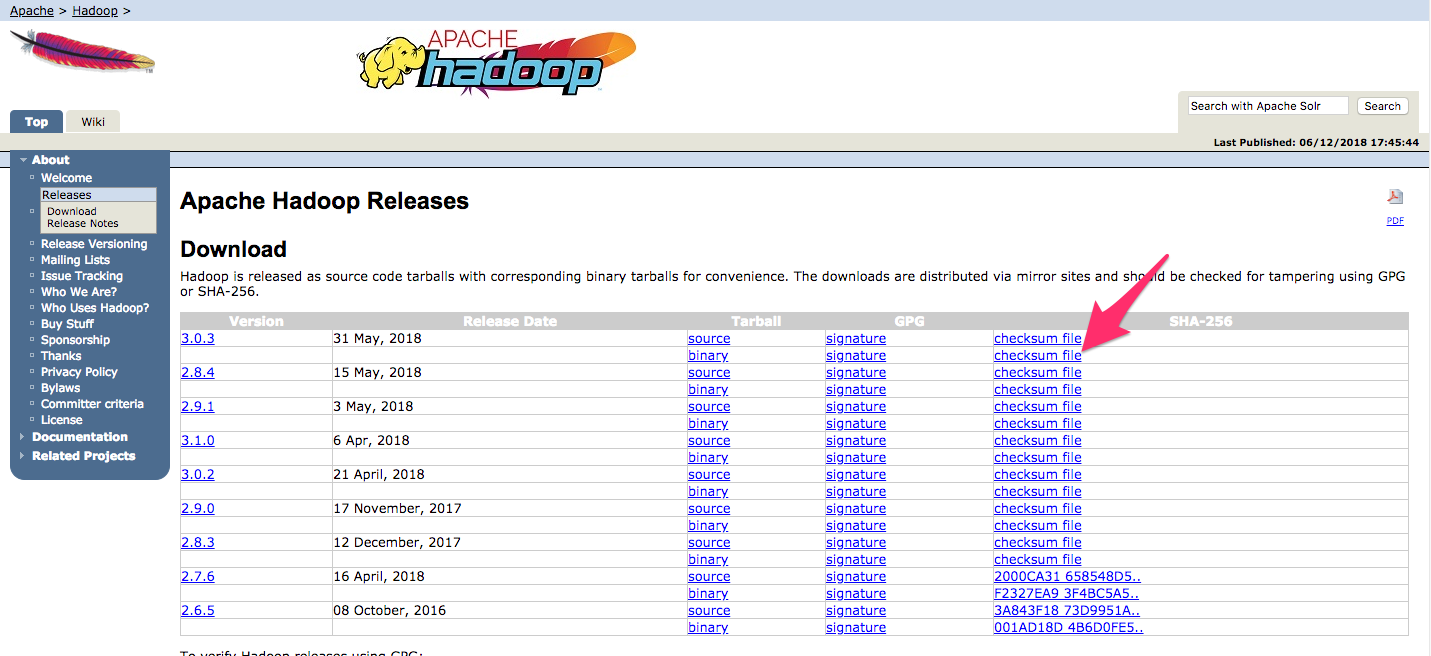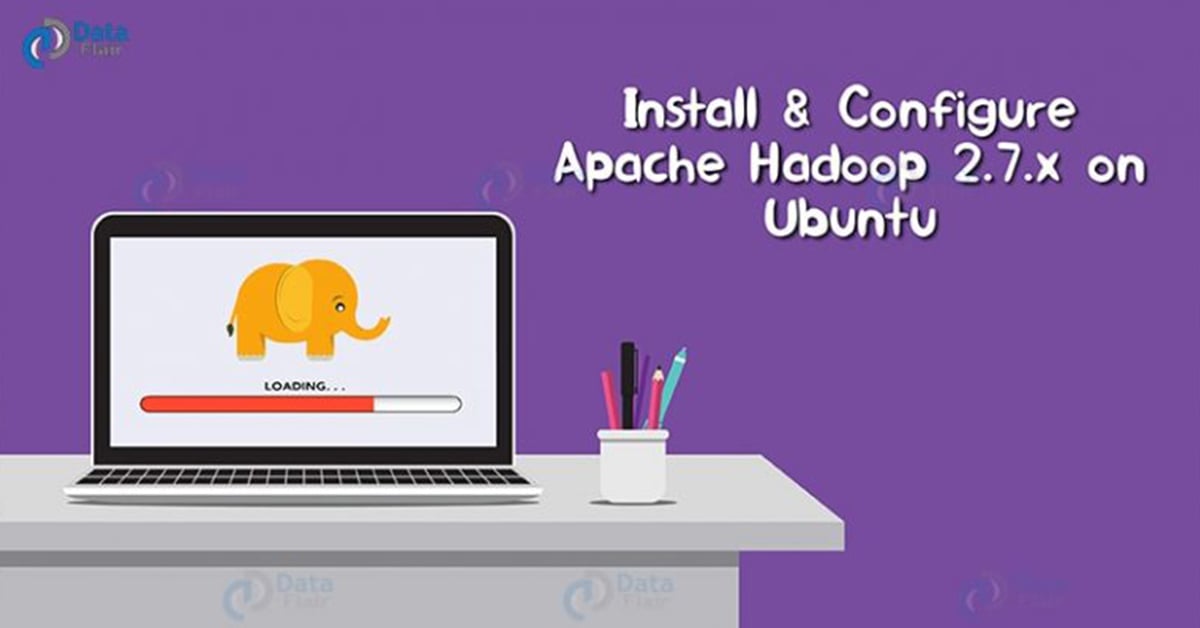


Now we've downloaded and unpacked all the artefacts we need to configure two important environment variables. Don't worry we will resolve this in the following step. If you got error about 'cannot find java command or executable'. Java HotSpot(TM) 64-Bit Server VM (build 25.161-b12, mixed mode) Java(TM) SE Runtime Environment (build 1.8.0_161-b12) Once you complete the installation, please run the following command in PowerShell or Git Bash to verify: $ java -version You can install JDK 8 from the following page:

If you have not installed Java JDK, please install it. Step 4 - (Optional) Java JDK installation Remember to change it to your own path accordingly.Īfter this, the bin folder looks like the following: For my environment, the full path is: F:\big-data\hadoop-3.3.1\bin. We use it purely for test&learn purpose.ĭownload all the files in the following location and save them to the bin folder under Hadoop folder. Warning These libraries are not signed and there is no guarantee that it is 100% safe. For me, I am choosing the following mirror link: The page lists the mirrors closest to you based on your location. Go to download page of the official website:Īnd then choose one of the mirror link. Step 1 - Download Hadoop binary package Select download mirror link Now we will start the installation process. In my system, my JDK version is jdk1.8.0_161.Ĭheck out the supported JDK version on the following page.įrom Hadoop 3.3.1, Java 11 runtime is also supported. JDK is required to run Hadoop as the framework is built using Java. We will use it to start Hadoop daemons and run some commands as part of the installation process. You can choose to install either tool or any other tool as long as it can unzip *.tar.gz files on Windows. We will use Git Bash or 7 Zip to unzip Hadoop binary package.

In my system, PowerShell version table is listed below: $PSversionTable We will use this tool to download package.


 0 kommentar(er)
0 kommentar(er)
